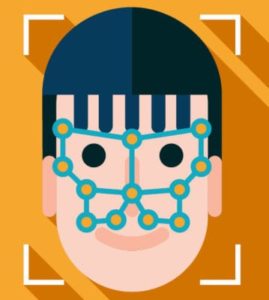
The Chinese tech company ByteDance has been quietly developing a Face Swap utility that could make it much easier to create and distribute a deepfake video on social media. ByteDance is the parent company of the popular TikTok social media app, and the sister Douyin app in China.
While Face Swap has not yet been released, the code is present in both TikTok and Douyin. The feature makes a biometric scan of the user’s face and then allows them to insert their own face into a video of someone else.
The feature is sure to raise privacy concerns, especially given the app’s collection of biometric data and the public’s growing fears about deepfake technology. However, ByteDance seems to have taken several steps to mitigate the potential backlash. For one thing, users can only insert their face into a collection of videos that ByteDance has the right to use, and the videos themselves will all have a watermark to indicate that the footage is not real.
More importantly, the app leverages liveness detection to ensure that users are only submitting images of themselves, and are not using the app to create deep fakes with photos of other people. Users must blink, nod, and open and close their mouth while carrying out a scan.
Those security measures should theoretically prevent the creation of compromising deep fakes that could be used for more nefarious political or social ends. In that regard, the feature seems comparable to similar offerings like Snapchat’s Cameos or the Morphin app.
The code was first uncovered by the research startup Watchful.ai, which also unearthed terms of service language for both the Chinese and English versions of the apps. Though it has obviously not been finalized, the language indicates that the feature will not be available to minors, that users will not be able to use any uploaded photos or videos, and that the user’s facial information will be deleted once the video has been created.
When asked for comment, TikTok told TechCrunch that there are no plans to bring the feature to the U.S. version of the app. The U.S. House of Representatives recently passed a bill to promote the research and development of technology that will make deepfakes easier to identify.
Source: TechCruch

Follow Us